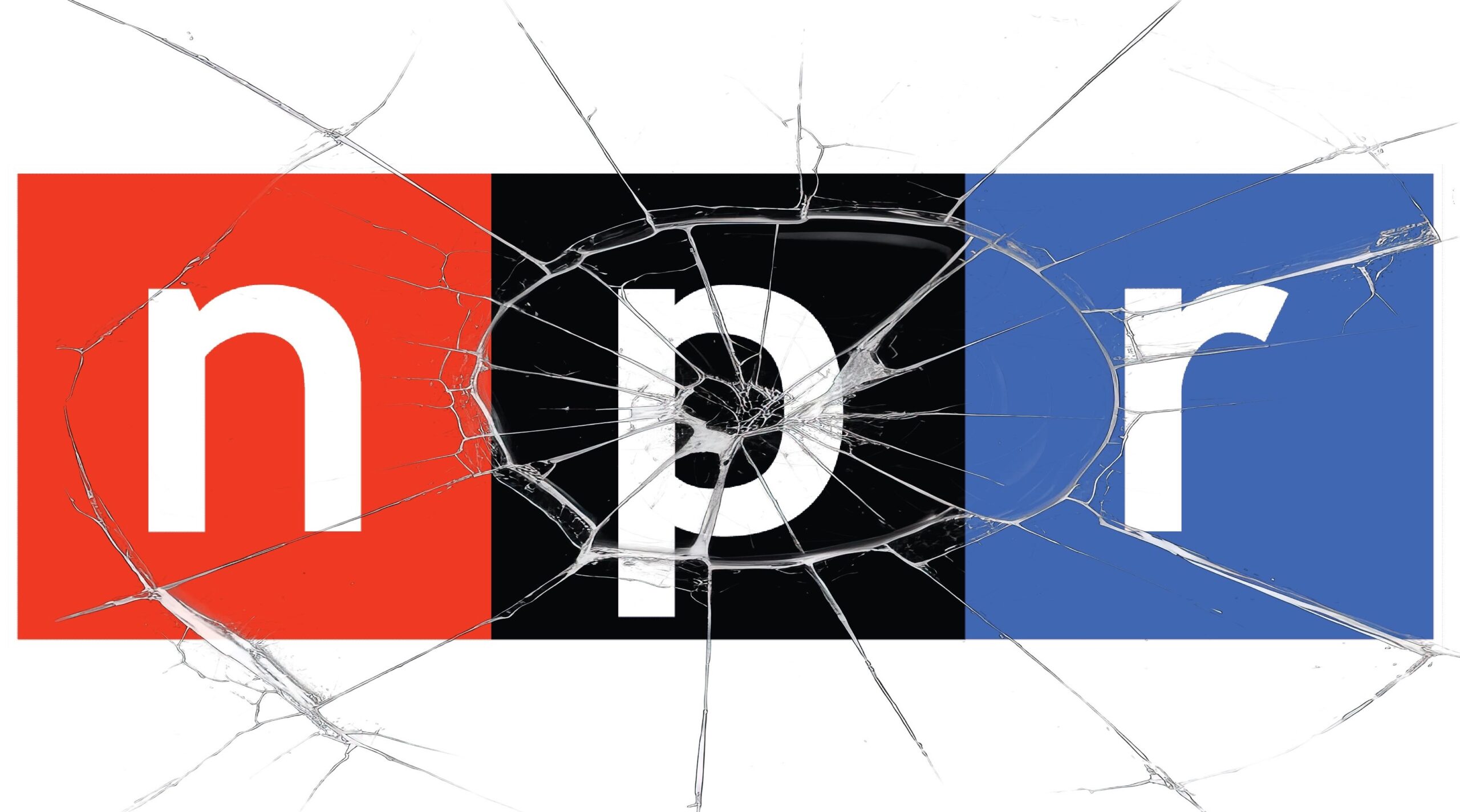December 3, 2013 By: Mark Glennon
The pension bill has passed both houses and will be signed by Governor Quinn.
Savings from the bill will be material but hardly “comprehensive” or “sweeping” as many have claimed, eliminating at the most 20% of the official $100 billion unfunded pension liability, and that’s undisputed. Expect that percentage to turn out much lower. Proponents focus on claims the bill will save $160 billion over thirty years, which the media are reporting as fact. It’s not, and it’s the wrong way to measure the impact. Remember that the total funded and unfunded liability is over $600 billion. The bill has not been properly “scored,” and similar estimates on previous proposals have turned out wrong. At least one analysis is already out saying that $68 billion of that $160 billion in “savings” in fact comes from accounting changes and additional taxpayer contributions and that, at the end of the day, the unfunded liability will drop by only $14 billion.
We have nothing on the extent to which state contributions are backloaded, which is can-kicking if it’s in there. Bill supporters have in the past openly said that the bill is backloaded, but nobody has produced any analysis or pressed them on that.
Most business groups supported the bill. Among candidates for governor, Rauner opposed, Brady supported, Rutherford opposed (on the basis that it’s unconstitutional) and Dillard opposed (though his running mate voted ‘yes’). Unions are fiercely opposed. The Sun-Times and Tribune supported.
The all important “funding guaranty” appears to have been watered down substantially, and apparently no longer includes a payment priority. Opinions on the bill’s guaranty language have varied, with nobody discussing it in sufficient detail. The guaranty language has complex references back to many other statutes, so a fast analysis is difficult. My guess is that, when it’s fully analyzed, the governor will have been stripped of the option, which he arguably has now, to unilaterally reduce or halt funding to pensions. A new governor might try that to force further reforms — something Democrats and some Republicans don’t want.
Most savings from the bill result from cuts in the COLA, those cuts being made according to a comprehensive formula.
A cap on pensionable salaries is included, but large pensions based on large current salaries are grandfathered in, as are those obtained through collective bargaining. No other means testing is readily apparent. A clear understanding of just who suffers most under the COLA cuts is not provided.
There’s an optional 401k style plan, but these plans would only be available to 5% of workers hired before 2011 (because money from young workers is needed to fund the pensions of the old).
No supporter who is both credible and competent who claims to have really reviewed the bill has spoken up in any detail, which is exceptionally complex, comprising over 300 pages. Only the pensioners who drafted it know everything that’s in it. Accordingly, surprises and unintended consequences are probable. Surprises may include barriers to further reforms inserted by reform opponents who dominated the secret drafting process.
To summarize we’ve pretty much been asked to hold our noses, hope for the best, and find out what’s in it later. If indeed the funding guaranty has been watered down as much as it appears, and if we discover no surprises, and if we don’t find that a strong governor has been stripped of future tools to deal further with the problem, then the bill can be seen as a small step in the right direction. In any event, it’s been grossly oversold. I expect in any case that within 12 – 24 months the headline will be the same as it has been, which is “Illinois faces $100 billion unfunded pension liability.” That’s because the reduction in the unfunded liability will be more than offset by the effects of false assumptions gradually being invalidated by reality, exposure of the gimmicks in the bill, continued near term underfunding, and other problems inherent in defined benefit plans. In fact, we’ll probably be there immediately using correct numbers.

 Hopefully, all media will get the message, in Illinois, too.
Hopefully, all media will get the message, in Illinois, too. Ted joined Tom Miller of WJPF to talk about Illinois’ highest-in-the-nation property taxes, why lawmakers don’t want to touch the tax’s cost drivers, just how much Illinoisans’ tax burden has grown over the decades, why Gov. Pritzker failed to meet his promise to reform property taxes, and more.
Ted joined Tom Miller of WJPF to talk about Illinois’ highest-in-the-nation property taxes, why lawmakers don’t want to touch the tax’s cost drivers, just how much Illinoisans’ tax burden has grown over the decades, why Gov. Pritzker failed to meet his promise to reform property taxes, and more.
 Ted joined Dan and Amy to talk about the free speech controversy brewing in Wilmette due to the city’s refusal to fly a religious freedom flag, the city’s left-wing excesses and the growing culture war, the latest money spent on the illegal immigrant crisis, and more.
Ted joined Dan and Amy to talk about the free speech controversy brewing in Wilmette due to the city’s refusal to fly a religious freedom flag, the city’s left-wing excesses and the growing culture war, the latest money spent on the illegal immigrant crisis, and more.
It’s a sham. And a shame.